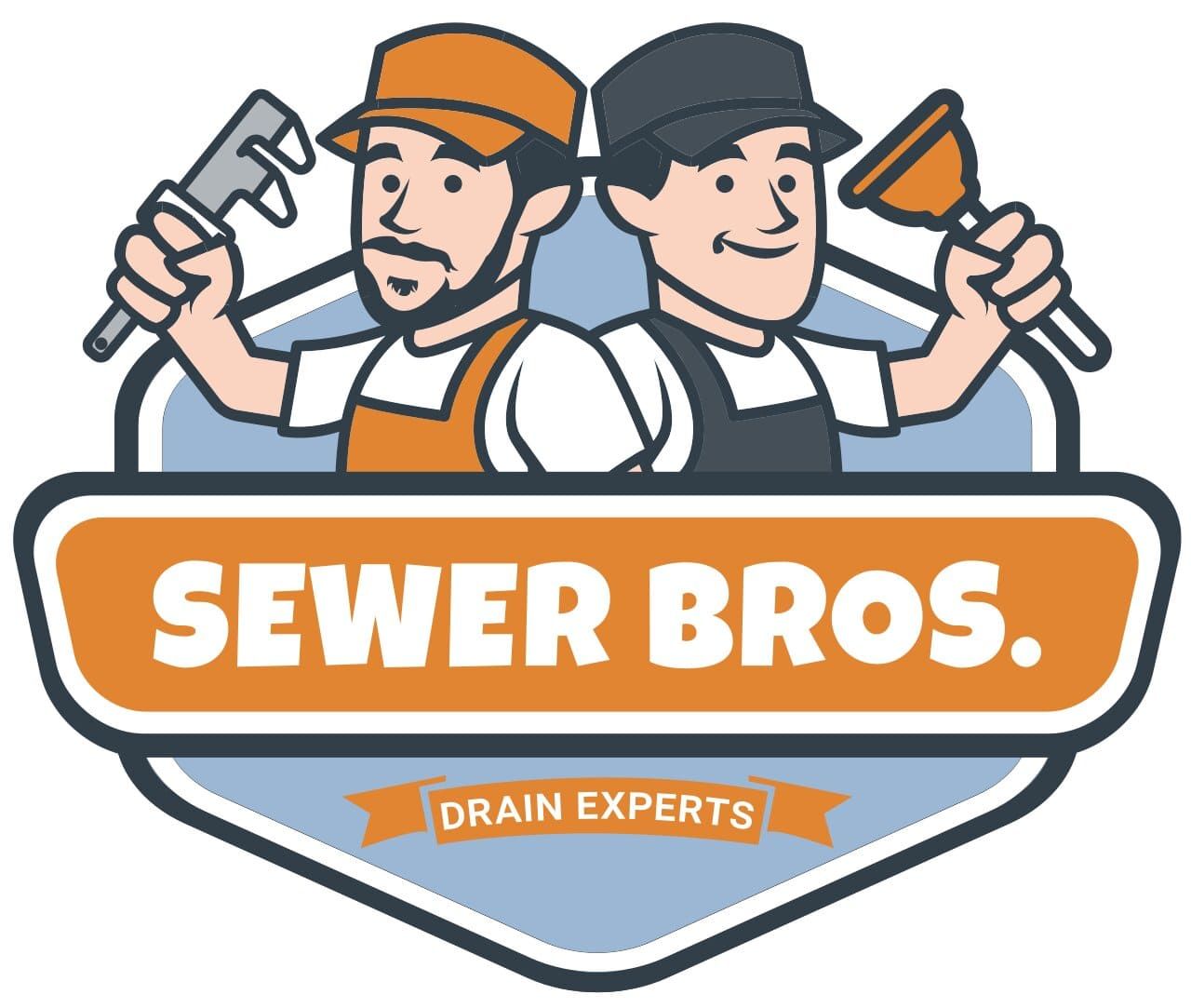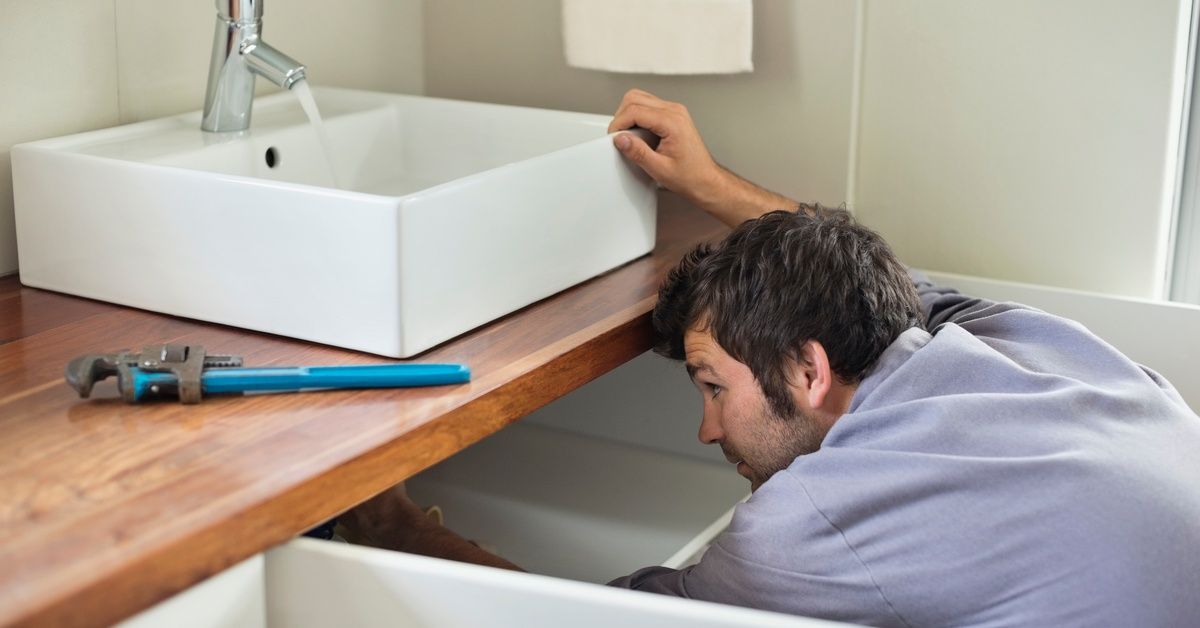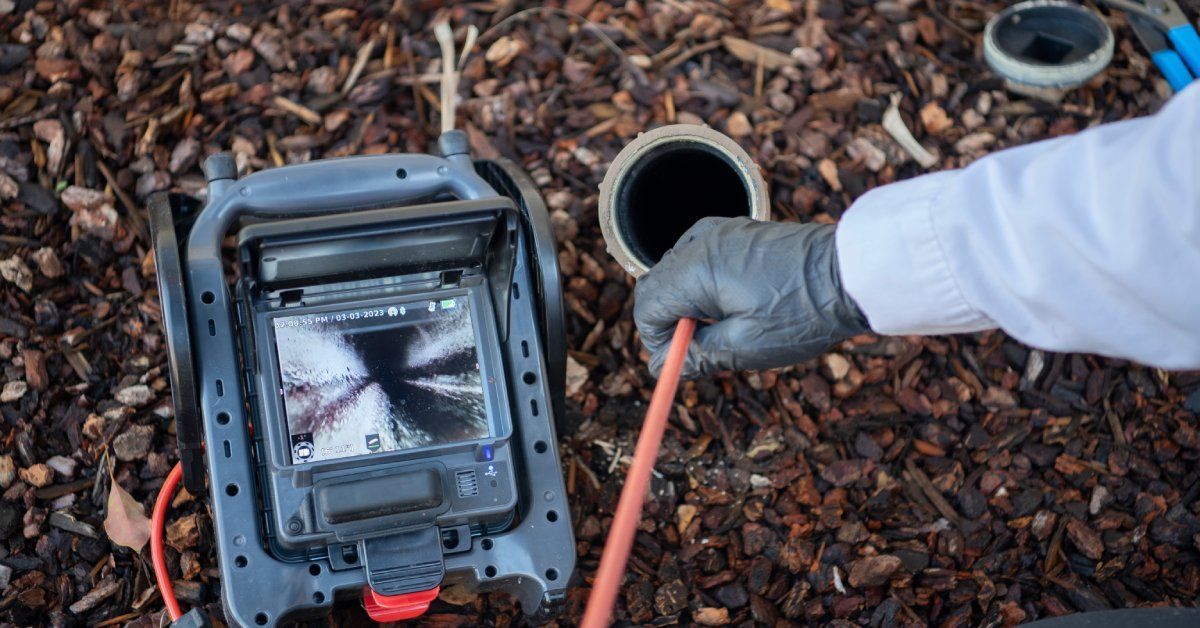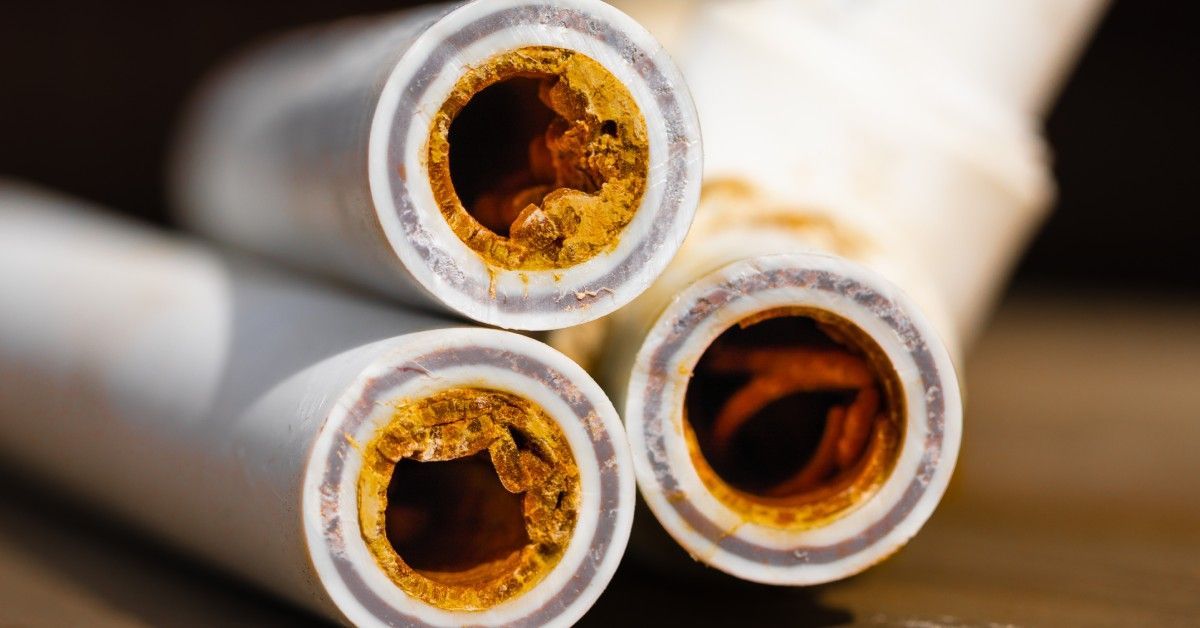5 Common Causes of Clogged Drains and How To Prevent Them
Clogged drains are a common household issue and one of the most frustrating. They can disrupt daily routines, produce unpleasant odors, and lead to costly repairs. Understanding what causes these blockages and learning how to prevent them will save you time, money, and a whole lot of stress.
This guide from Sewer Bros will cover some of the most common causes of clogged drains in your home, how to prevent them, and when to call in the professionals. Whether you’re dealing with a slow-draining sink or hoping to avoid future plumbing headaches, this is everything you need to know.
Hair Accumulation in Drains
Hair is a top culprit when it comes to clogged drains, especially in bathrooms. Whether from daily showers, grooming routines, or pet baths, hair strands can easily accumulate in your drain pipes. Caught strands mix with soap scum and other debris, forming stubborn clumps that obstruct water flow. This problem is most common in shower and bathtub drains but can also affect sinks.
Food Scraps in Kitchen Sinks
Food scraps are another frequent cause of blockages, particularly in kitchen sinks without garbage disposal. Many homeowners mistakenly assume certain food particles, like rice, coffee grounds, or eggshells, will wash away with no harm. Instead, these materials tend to settle in your pipes, creating blockages over time. Foods that expand, such as pasta and rice, are notorious for causing drain trouble.
Rather than rinsing plates and pans in the sink, scrape food particles into the trash or compost bin first. If you have a garbage disposal, keep in mind that greasy or starchy foods can still cause problems, no matter how powerful your appliance is.
Grease and Oil Blockages
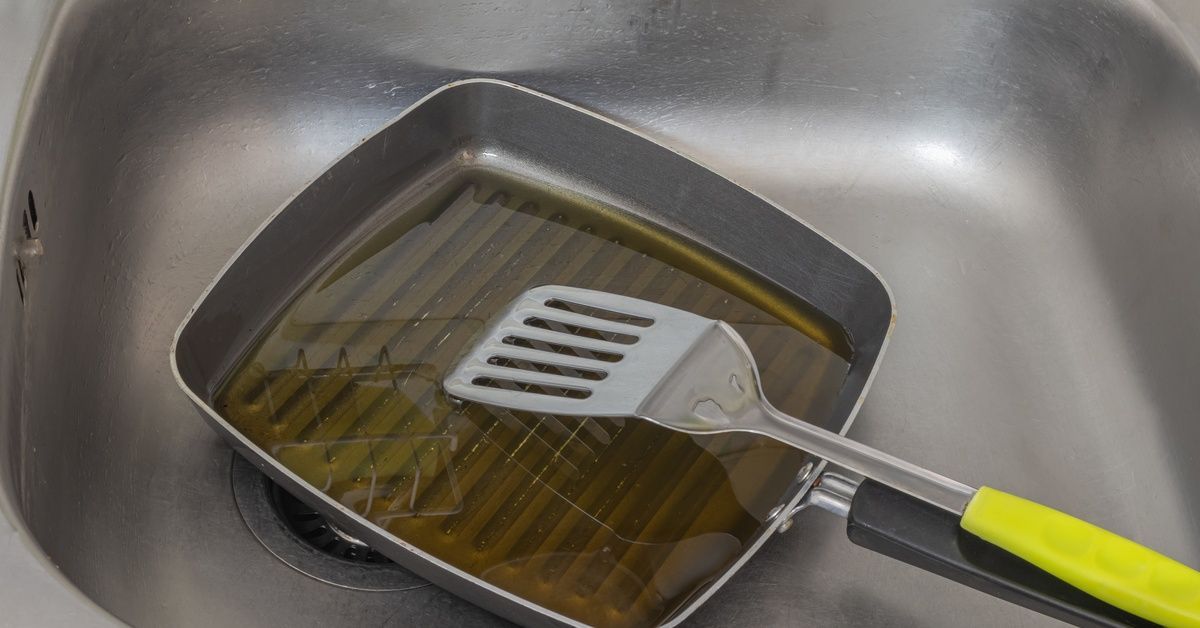
Pouring hot grease or cooking oil down the drain is one of the worst things you can do. While grease enters the drain in its liquid form, it cools and solidifies as it travels through your pipes. This buildup attracts other debris, eventually creating a thick, sticky blockage.
Mineral Buildup From Hard Water
Hard water contains high levels of minerals like calcium and magnesium, which can accumulate inside pipes over time. This mineral buildup restricts water flow, leading to slow drains and even full blockages.
Using a water softener system can prevent these issues by reducing the mineral content of your water. Alternatively, an occasional descaling treatment can clear your pipes of accumulated buildup.
Foreign Objects and Accidental Blockages
Occasionally, family members or guests can mistakenly flush the wrong items down the drain. Whether it’s a child’s small toy, cotton swabs, paper towels, or hygiene products, foreign objects can easily restrict water flow. Even “flushable” wipes aren’t as drain-friendly as their packaging suggests. These items don’t break down quickly and can therefore contribute to significant drainage issues.
Prevention Methods for Drain Clogs
To avoid plumbing issues and costly repairs down the line, take preventative measures to keep your system in good shape. Regular maintenance, mindful usage, and quick attention to small problems can save you time, money, and potential headaches. Consider the following steps you can take to maintain clear drains.
Using Drain Screens
Drain screens are a simple and effective way to catch hair, food particles, and other debris before they enter your pipes. These affordable devices come in different sizes for sinks, showers, and tubs.
All you have to do is regularly clean your screens to ensure they remain effective. While cleaning the hair or food scraps out of a drain screen can be unpleasant, it is much more favorable than dealing with a drain snake or paying for an extensive drain cleaning. You can wear gloves and use disinfecting wipes to handle the debris for combined cleaning and comfort.
Proper Grease Disposal
Always dispose of grease and oil responsibly. Instead of washing grease down the sink, pour it into a heat-resistant container, allow it to solidify, and then dispose of it in the trash. Taking this small step can significantly reduce your risk of drain blockages. While it may seem inconvenient at first, this habit protects your plumbing and saves you from costly repairs.
Regular Cleaning and Maintenance
Flushing your drains periodically with household solutions can clear minor debris and prevent buildup. A mixture of hot water, baking soda, and vinegar can effectively eliminate grease and odors in sinks. Pour the baking soda and vinegar solution down the drain, allow it to fizz for a few minutes, and then rinse it away with boiling water.
Knowing What Not To Flush
Educating your household members about what they can and can’t let go down the drain is essential. Items like wipes, hygiene products, cotton balls, and even small amounts of grease can lead to blockages. It’s better to dispose of these items in the trash than risk clogging your home’s pipes.
How To Safely Try DIY Solutions
Minor clogs don’t always require professional intervention. For slow-draining sinks or tubs, try using a plunger. Ensure the plunger’s seal fits snugly over the drain opening, then use firm up-and-down motions to dislodge the blockage.
Another effective DIY method is using the baking soda and vinegar solution we already mentioned. This process is eco-friendly and may resolve minor clogs. However, the best thing you can do for your drains is practice prevention rather than attempt these DIY fixes.
Know When To Call a Professional
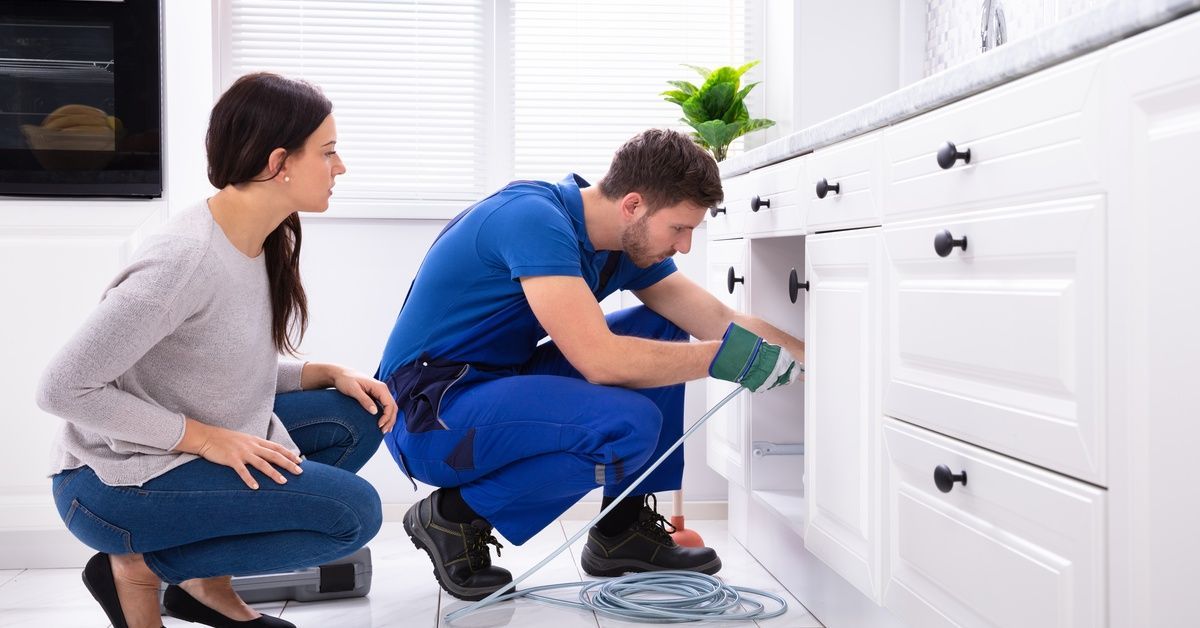
While you can often handle minor clogs at home, more severe issues require professional expertise. If you notice persistent slow drains, recurring blockages, or unpleasant smells coming from your pipes, it’s time to call in professionals like Sewer Bros for drain cleaning services. Ignoring warning signs and waiting to hire help can lead to serious plumbing damage, costing you more time and money in the long run.
Maintain Clear Drains for a Hassle-Free Home
Clogged drains may be a common issue, but they don’t have to disrupt your home life. By understanding their common causes and how to prevent them, you can keep your drainage system running smoothly. Be proactive, address minor clogs immediately, and don’t hesitate to reach out to professionals for help when you need it. If you’re looking for drain cleaning services in Salem, MA, contact Sewer Bros today!
